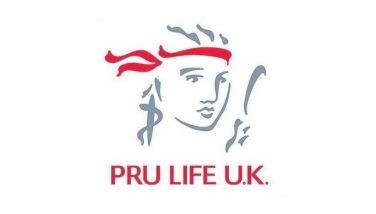Ambiguous recommendations

Robert Thornton, a professor of economics at Lehigh University in Bethlehem, PA, was, like many teachers, frustrated about having to write letters of recommendation for people with dubious qualifications, so he put together an arsenal of statements that can be read two ways. He calls his collection the “Lexicon of Inconspicuously Ambiguous Recommendations”, or LIAR as an acronym, for short.
Thornton explains that LIAR may be used to offer a negative opinion of the personal qualities, work habits or motivation of the candidate while allowing the candidate to believe that it is high praise.
Some examples from LIAR:
* To describe a person who is extremely lazy: “In my opinion, you will be very fortunate to get this person to work for you.”
* To describe a person who is totally inept: “I most enthusiastically recommend this candidate with no qualifications whatsoever.”
* To describe an ex-employee who had problems getting along with fellow workers: “I am pleased to say that this candidate is a former colleague of mine.”
* To describe a candidate who is so unproductive that the job would be better left unfilled: “I can assure you that no person would be better for the job.”
* To describe a job applicant who is not worth further consideration: “I would urge you to waste no time in making this candidate an offer of employment.”
* To describe a person with lackluster credentials: “All in all, I cannot say enough good things about this candidate or recommend him too highly.”
We see a lot of things like these happening all over the place but the question in my mind is this: Are people being helped when we withhold the truth? Is being politically correct being truthful.
We don’t like to hurt people’s feelings but don’t we hurt them if we do not tell them the truth.
In trying to find a middle, we try to be ambiguous speaking a half-truth, using mental reservation, maybe twisting the truth a bit and being ambivalent. And we reason that this is better than being totally dishonest. But does this not make us a Liar
And then it hit me. Would I apply the same approach to my own children when I see them doing wrong. Would I prefer to be politically correct rather than to be truthful. Like telling them:
• Your bedroom isn’t cluttered, it’s just “passage restrictive.”
• You’re not late, you just have a “rescheduled arrival time.”
• You don’t talk a lot. You’re just “abundantly verbal.”
• You’re not fat and overweight, you’re just horizontally challenged.
The truth may be painful and I do have to admit that it hurts.
But there are two kinds of pain we can experience. One is the pain that leads to harm and the other one is the pain that leads to healing.
If you truly care for someone you would not be try to be politically correct, you would be compassionately truthful.
It’s far better to tell the truth and be rejected, than to hold it back and be accepted.
And never forget this: A little lie is like a little pregnancy. It doesn’t take long before everyone knows!
So be truthful and I am not being politically correct!
(Francis Kong will be the lead trainer for the Dr. John Maxwell’s Developing the Leader within You? leadership program this September 25-26 at Hotel Intercon Makati. For further inquiries contact Inspire Leadership Consultancy Inc. (632-6872614).
- Latest
- Trending

























